7 Free Cognitive Process transparent PNG images
Explore our extensive collection of 7 free AI-generated images tagged under 'Cognitive Process', showcasing fascinating visualizations of mental processes, neural networks, and thought patterns. Our diverse collection includes high-quality stock photos, detailed 3D objects, abstract vectors, and intricate illustrations that capture the complexity of human cognition. Each image is available for high-resolution download, and you can utilize our 'open in editor' feature on any image's detail page to modify the prompt and regenerate variations that perfectly match your vision.

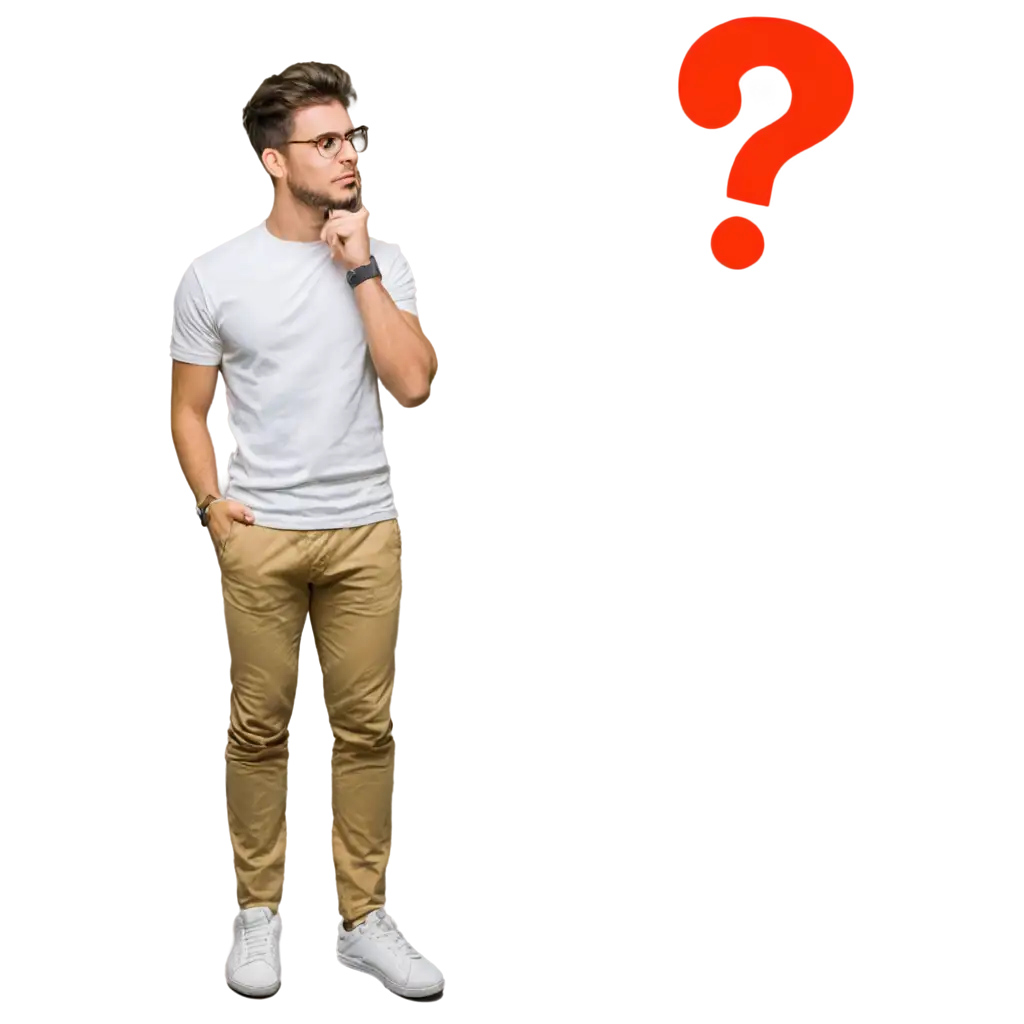

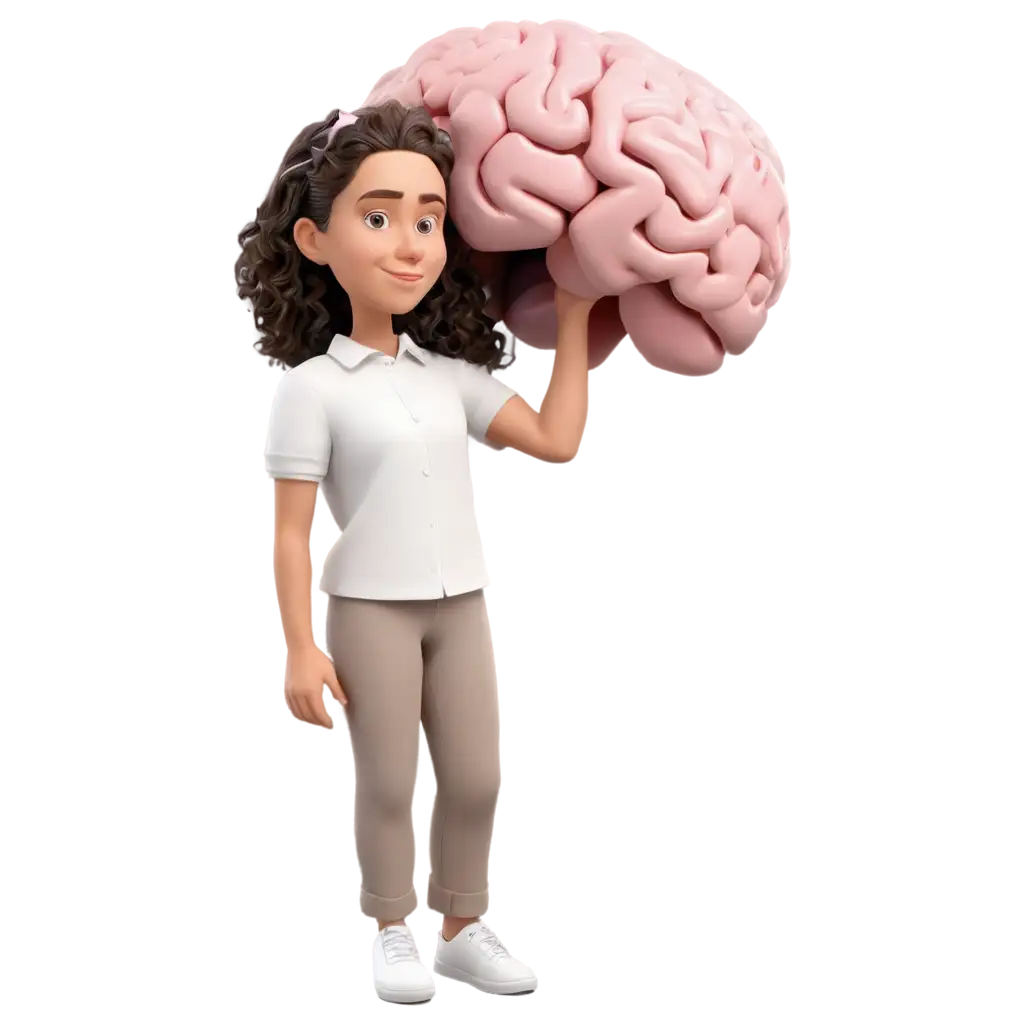
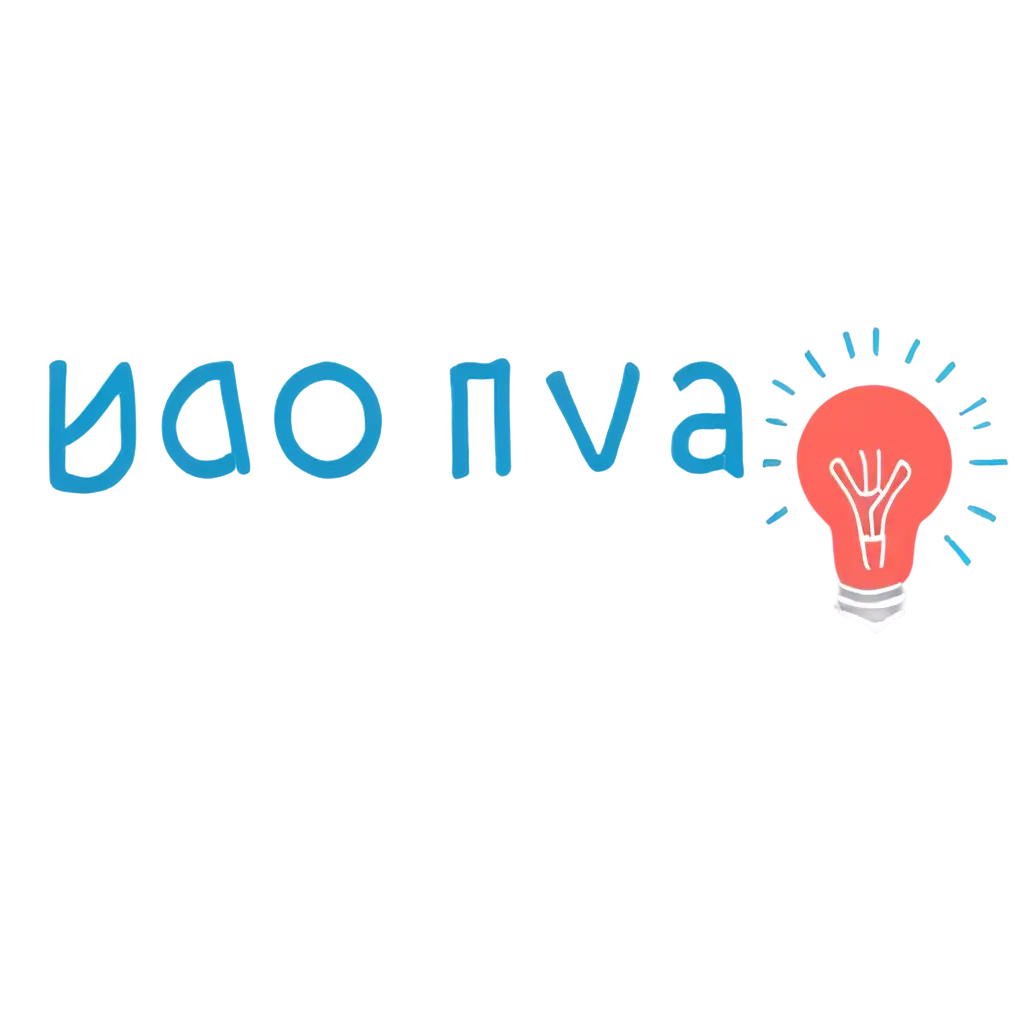
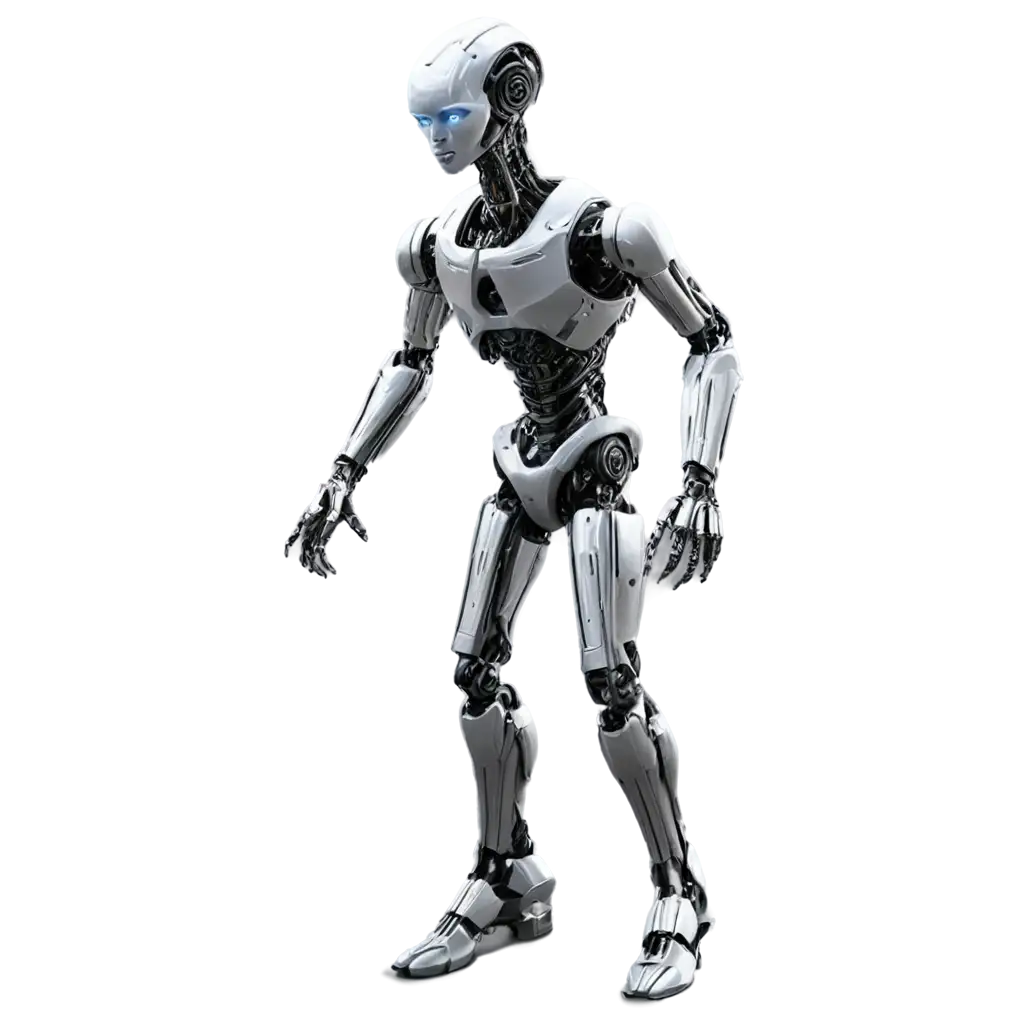
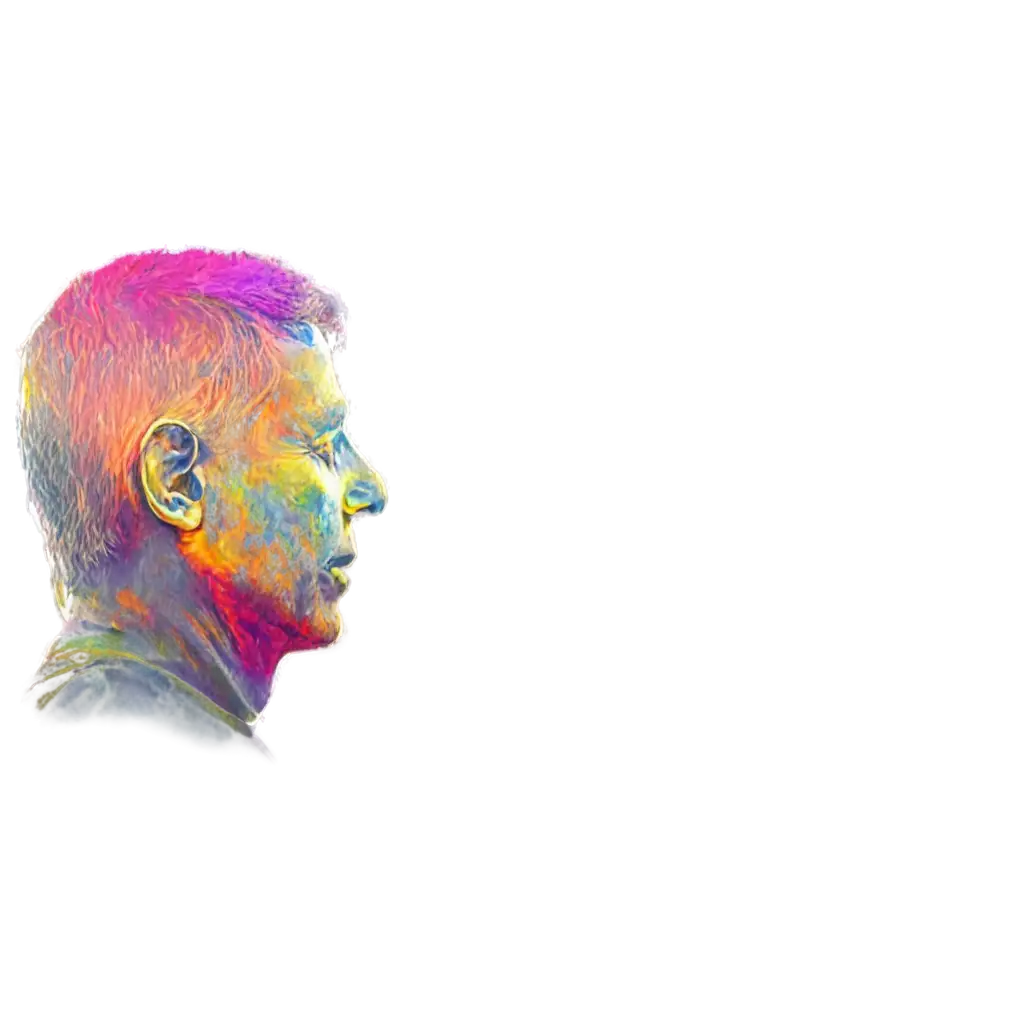
Related Tags
Cognitive Process visualization in AI-generated art represents the complex mechanisms of human thought, learning, and decision-making. These artistic interpretations range from abstract neural network representations to detailed anatomical illustrations of brain activity. Modern AI algorithms excel at creating these visualizations by combining scientific accuracy with artistic expression, resulting in images that both educate and inspire. Common themes include synaptic connections, memory formation, problem-solving pathways, and the intricate dance of neurons during cognitive tasks.
Understanding Cognitive Process Visualization in AI Art
AI-generated cognitive process images serve crucial roles in educational and scientific contexts. These visualizations help explain complex neurological concepts to students, illustrate research findings in academic publications, and enhance presentations in cognitive science. They're particularly valuable in medical education, psychology textbooks, and scientific communications where abstract mental processes need to be depicted clearly. The ability to generate custom variations allows researchers and educators to create precisely targeted illustrations for specific concepts or phenomena they're trying to explain.
Applications of Cognitive Process Imagery in Science and Education
The artistic representation of cognitive processes spans multiple styles and approaches. Abstract interpretations use flowing lines and interconnected nodes to represent neural networks and thought patterns. Realistic styles focus on anatomically accurate brain structures with detailed neuron formations. Minimalist designs employ simple geometric shapes and color gradients to represent mental processes. Contemporary AI artists often combine these styles with modern design elements like neon colors, holographic effects, and dynamic 3D rendering to create striking visualizations that capture the complexity of human cognition.
Artistic Styles in Cognitive Process Visualization
The future of AI-generated cognitive process imagery is evolving rapidly with advancing technology. Emerging trends include interactive 3D visualizations that allow viewers to explore different layers of cognitive processes, real-time generation of images based on brain activity data, and the integration of augmented reality for immersive educational experiences. As AI algorithms become more sophisticated, we can expect to see increasingly accurate and detailed representations of complex cognitive phenomena, as well as new artistic interpretations that push the boundaries of how we visualize thought processes and mental activities.
Future Trends in AI-Generated Cognitive Process Imagery